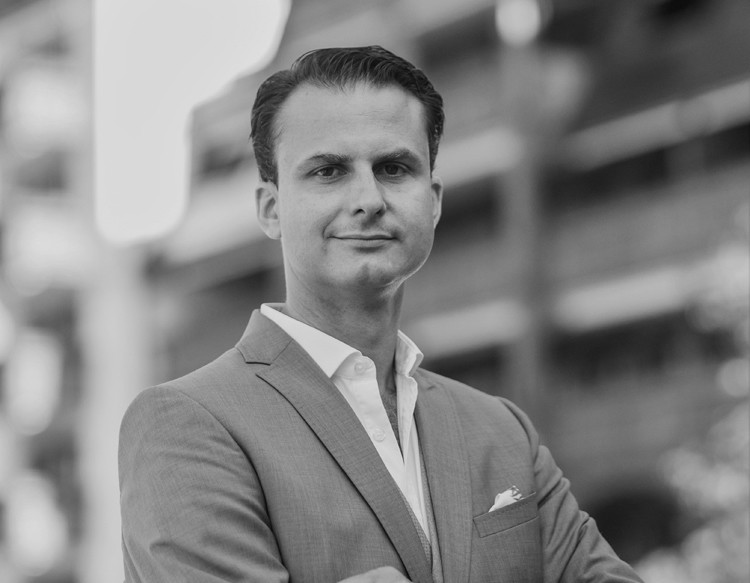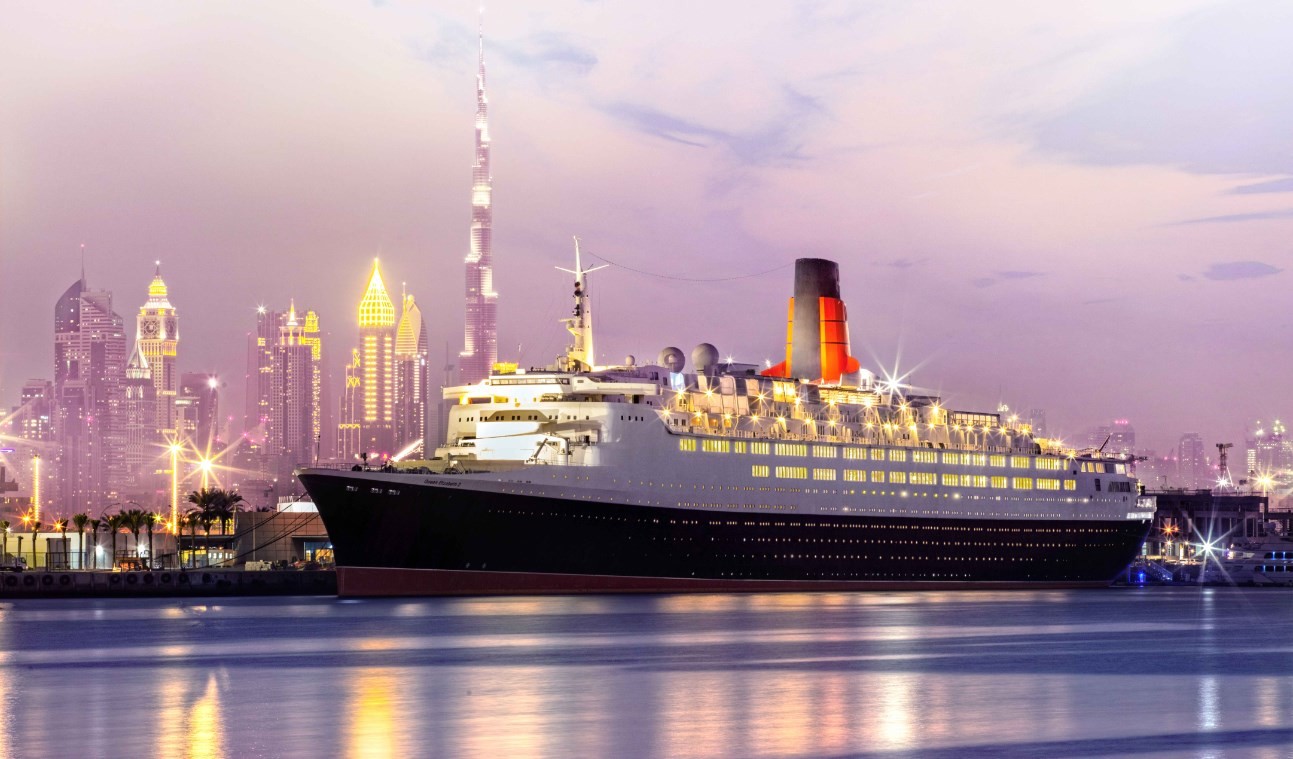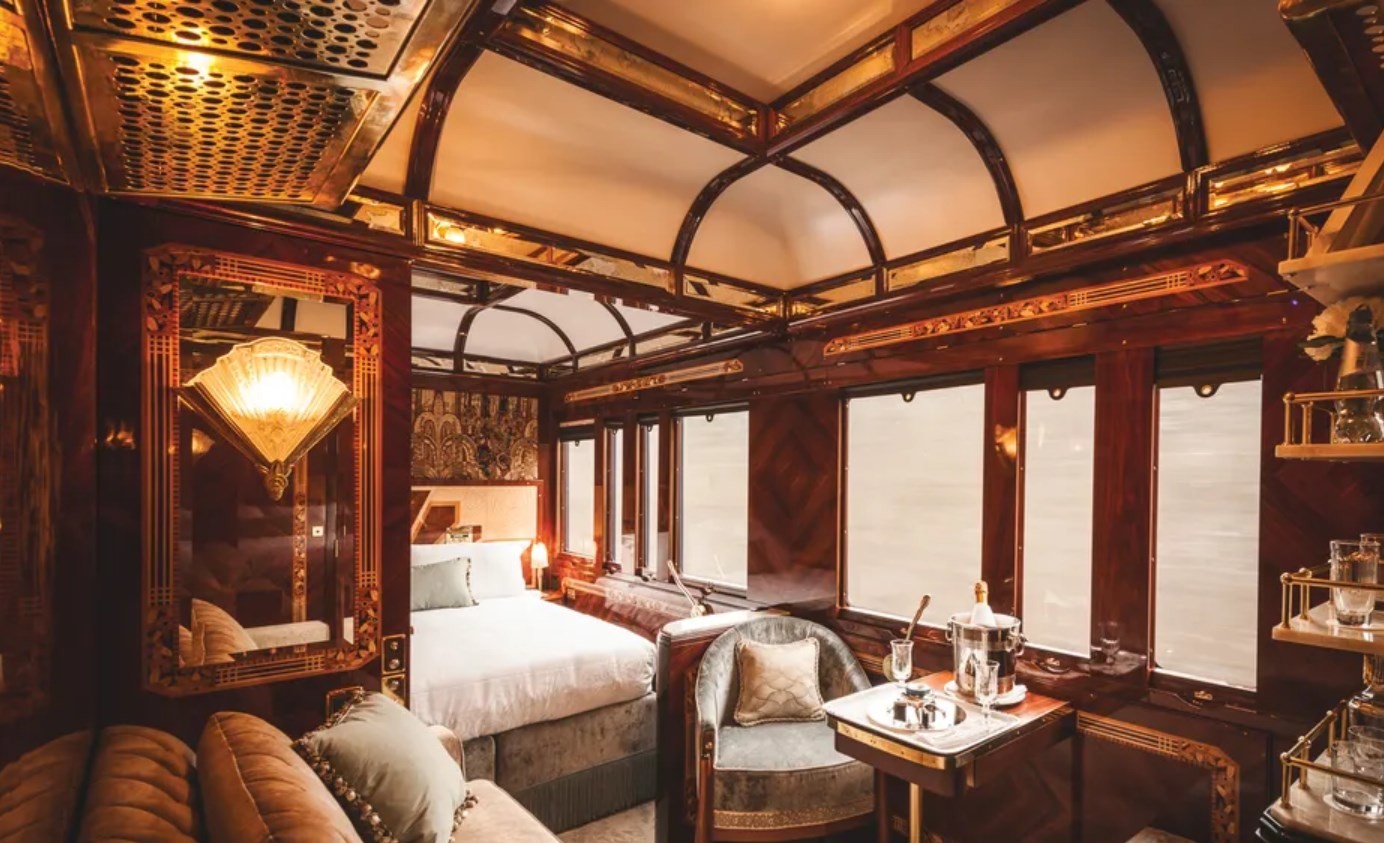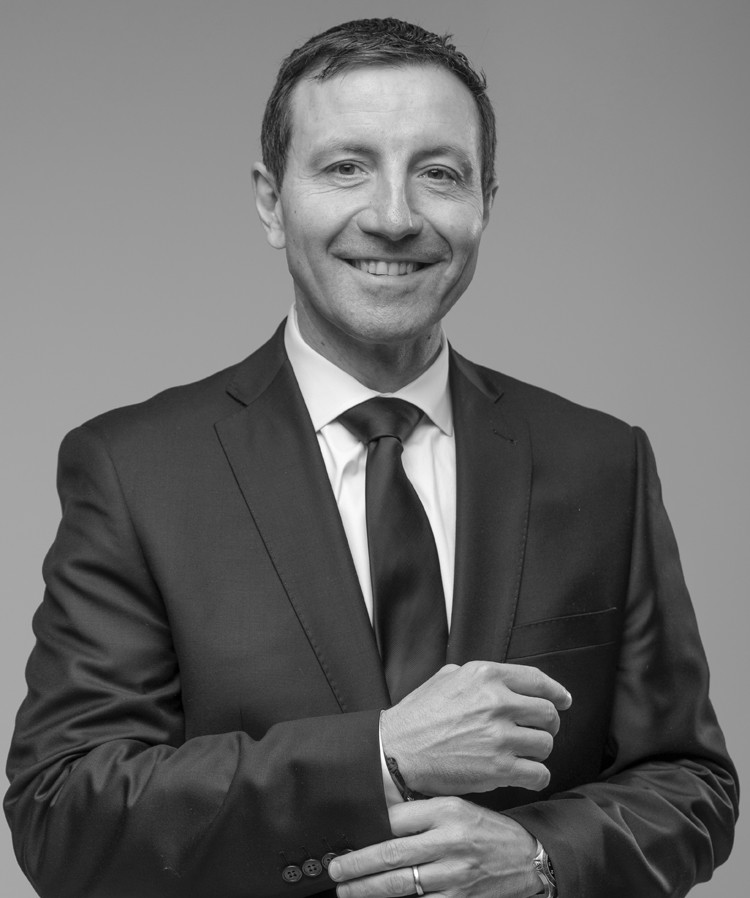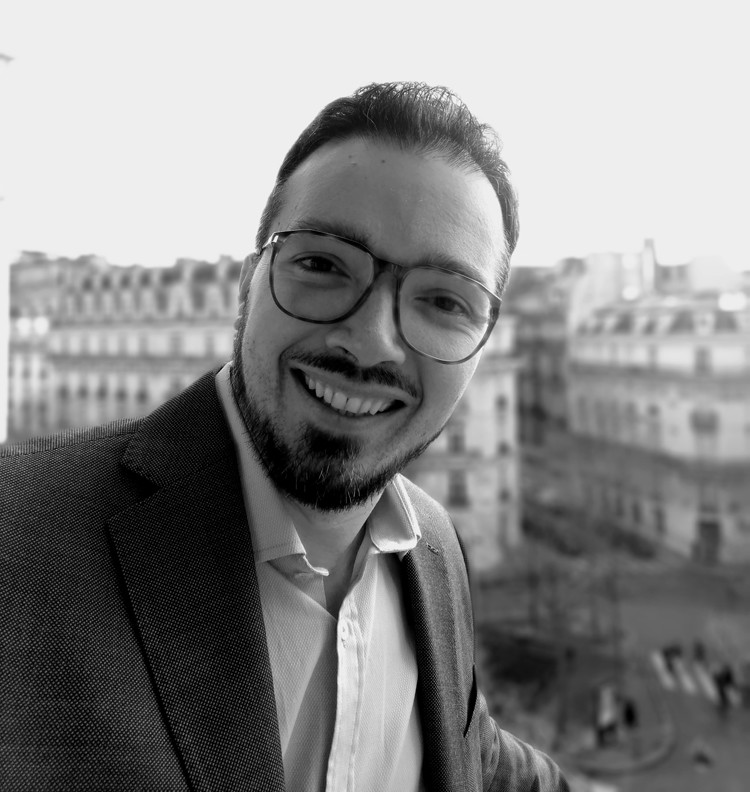The Alpina Gstaad ***** stands like a huge castle overlooking the most glamorous village in the Swiss Alps. Behind the facade of the building surrounded by the Alps, there are 56 rooms and suites with an atmosphere combining tradition and cosiness but also well-being and gastronomic offers that resonate with an exceptional natural environment. Tim Weiland, General Manager for two years, has worked on different continents within the Aman group. He continues to follow the ideal of respect for natural resources offered by the hotel's setting, which has been named several times "Best Vacation Hotel" and considered one of the 100 most beautiful hotels in the world by Travel + Leisure. Tim Weiland reveals himself as a concerned and committed hotelier with a sharp vision of current and future issues.

Vendom.jobs - Gstaad is the mythical destination of the Swiss Alps. With competition from emerging destinations (South-East Asia, Gulf countries, etc.), how does the resort manage to keep its international aura?
Tim Weiland - Indeed, we currently live in a world in turmoil. However, here in Gstaad we are fully booked. Of course, Switzerland is considered one of the safest countries for travellers but, given the current situation, this power of attraction surprises many hoteliers who are still struggling to bring back their customers. The strength of Gstaad is its image as a small village, a remote destination, practically pristine in condition with its landscapes of glaciers, lakes, rivers, mountains, etc. The resort's success is therefore based on both this image of a natural environment and safety (social distancing, for example, is respected even when hiking).
V.J. - What is your current type of clientele? Have their expectations changed?
T. W. - Of course, our international clientele from the United States, India, the Middle East are not present. They represent, in normal times, at least 50% of our summer guests. It has been replaced by a European clientele who do not hesitate to drive for many hours by car in order to avoid airports and other control areas. Therefore, we currently are welcoming French, Belgians, Germans, Dutch, Swedes, etc.
As I just mentioned, their priority is to look for the great outdoors and safety. They come to flee the big cities and to rest. We have observed a very peculiar phenomenon. Our outdoor pool is so successful this season that we were taken aback and had to add pool loungers. So they are no longer coming for what the mountain can offer them, but rather the landscape and calm atmosphere.
V.J. - Why did you switch from an international group to an independent hotel? What have been the contributions of such an experience in your career?
T. W. - I spent more than 10 years in the Aman group. I am extremely grateful especially for the travel opportunities and promotions that I have been offered. I was able to access destinations that I would not necessarily have thought of or even chosen. In the end, all of them were wonderful opportunities and wonderful experiences. Aman remains a moderate sized group that leaves a lot of freedom to grow and flourish.

Even if The Alpina Gstaad is affiliated with organisations such as Swiss Deluxe Hotels and maintains a certain structure, we are far from the corporate executives of exceptionally large groups. It was important for me to see both sides of the job, so as not to be labelled by solely one brand, one group. The advantage of working for an independent hotel is also to show that you are capable of being independent and visionary, unlike in a group that demands more relationships and standards.
V.J. - Do you think that it is easier to carry out a participatory managerial policy in an independent hotel?
T. W. - Aman remains a relatively small group which allows a lot of flexibility. But a group, of course, maintains its rules, its marketing positioning in which it is possible to participate but on which we cannot really have any influence. Unlike an independent hotel such as The Alpina Gstaad whose short- or long-term identity remains the responsibility of the manager. It is therefore obvious that everyone can contribute in one way or another.
V.J. - Travelers now appreciate human contact, no longer being considered simply as a customer. What message are you sending to your teams regarding this positioning?
T. W. - Personally, I try to meet every customer upon arrival; even though I'm in a meeting, I will greet them. It also helps teams understand the importance of the customer. It is important to know if they are regular customers- if so, find out when they last came, their first stay ... If they come with family, enquire about the children… It is a philosophy that is lived and understood by the team. Then, on a daily basis, we try to create as much fluidity as possible between the departments in order to communicate the customer's habits: for example, when he goes to have breakfast, have his room cleaned in his absence. Even the little details make our guests feel like more than customers. Nowadays, it is true that digital solutions such as CRMs helps us enormously without automating the contact with the customer, they allow us to be more responsive.
V.J. - As a seasonal destination, what is your recruitment policy at The Alpina Gstaad?
T. W. - Before considering recruitment campaigns, our goal is to maintain teams, train them and give them the opportunity to grow internally. When considering a candidate, we first look at their character and motivation. I have always believed that a motivated person is the most capable of doing their job. Being a seasonal destination, we are also looking for some experience. At the start of the season, within a few days we reach a maximum occupancy rate, so it would be difficult to form whole teams during these very intense periods. This is also why we unfortunately take few interns. We are in contact with many hotel schools, unfortunately, the internship periods rarely correspond with our seasonality.
V.J. - What are the internal training solutions you offer?
T. W. - At the start of each season, we invite a few specialists in given fields. For example, a week before the start of the season, we welcomed the representatives of the different product brands used in the spa to present and explain to the therapists about the products they will use and sell. These trainers then issue certificates to our employees participating in these training courses.

V.J. - The Alpina Gstaad has been promoting and working since its launch on responsible consumption. Could you tell us more? What would be the next steps of this commitment?
T. W. - Indeed, the treatments provided by Six Senses are very holistic and allow the integration of natural products. As such, we have an activity within it called "Alchimy Bar" where customers are taught the virtues of a particular plant or essential oil so that they can make their products themselves. Customers look for these interactive moments that connect a healthy environment to an experience but also learn about the quality of the treatments they use.
The Alpina Gstaad carries with it eco-responsible values and makes a point by offering to its guests an understanding of the natural environment in which they stay. For example, we keep our own bees. Our beehives are 50 m from the establishment and guests can come in small groups and in uniform (with the hotel logo) to learn with the beekeeper how to handle the hives, extract honey, etc. These are simple experiences, close to nature that few people have ever had the opportunity to do and they are increasingly popular. Many are delighted to discover in a 5-star hotel the possibility of making their own honey but also to learn about the importance of bees within our ecosystem. At the end of this training, they obtain a certificate. These are small actions that we try to multiply.
We also take care of our CO2 emissions, we buy local and seasonal, etc. We are thinking about a lot of new projects in this perspective, but I would prefer to reveal them when they have been implemented.
I must admit that we are very proud to position ourselves as a leader in this “mindful luxury” movement; term that I prefer to “sustainability” which is a bit too general. We are, in fact, not an Eco resort but a 5-star hotel, behind our actions we promote this “mindful” spirit that we are committed to further developing.
V.J. - You mentioned local products, the culinary offer imagined by your Starred Chef Martin Göschel - Sommet * 17 at Gault & Millau and MEGU * 16 at Gault & Millau - is the counterpart of this awareness.
T. W. - To be honest, this aspect still has room for improvement. We source as much as possible locally and respecting the seasonality of the products. Our Chef has his own vegetable garden, we make our honey, our jams, etc. However, to satisfy the desires of our guests, we continue to import many products, such as Kobe beef or Atlantic bluefin tuna which is an endangered species.

These subjects are particularly sensitive for us. We have to draw the line between complying with customer demand even if it is no longer acceptable for responsible consumption or stopping working on these products. We are still in a period of transition. Many customers are concerned by these issues and appreciate the wide variety of our menus which satisfy vegetarian as well as vegan practices.Others still stick to their old consumption habits. Our role, as a hotelier, is also to move the lines and gradually teach our visitors that we can do haute cuisine while respecting what is good for their health and the planet, thanks to tasting menus from Chef Göschel.
In fact, last year we organized an event in partnership with a Geneva-based organization, Less Saves the Planet, whose aim was to promote awareness: eat well but eat less. There are many reflexes to be learned in our gastronomic culture, such as eating organic but local because it is now inconceivable to eat organic products which cover half the globe. And, conversely, if we eat local we must favor organic and small farms. Without going to extremes, it is small actions put together that make things evolve.
V.J. - If you had a wish to make for the post-crisis period, what would it be?
T. W. - I think people should travel with more awareness. Do not venture to a place to take pictures and share them on social media, but live the place, the moment, the experience, meet people. Live these moments in all their aspects. Which is no more the case. It has become so easy and inexpensive to take a plane and only visit a place for a few days. I wish people would apply this mindful spirit to their travels. They ask themselves the question of the impact of their trip on the environment but also on the destination. I am convinced that we must continue to travel to remain open to other cultures. If we are lucky in Gtsaad to be less impacted at the moment, at the global level for our sector this crisis is a disaster.
I often tell my clients to go for a walk, to take the time to look, observe, smell the perfumes, be attentive to the sounds of nature… Here, it is possible to go on a hike with a water bottle and to fill with water from a stream. A vital element which is unfortunately not accessible to a large part of the world's population. This is a real luxury that we must be aware of!
The Alpina Gstaad *****
Alpinastrasse 23,
3780 Gstaad, Switzerland
+41 33 888 98 88
(Photo credit: The Alpina Gstaad)


